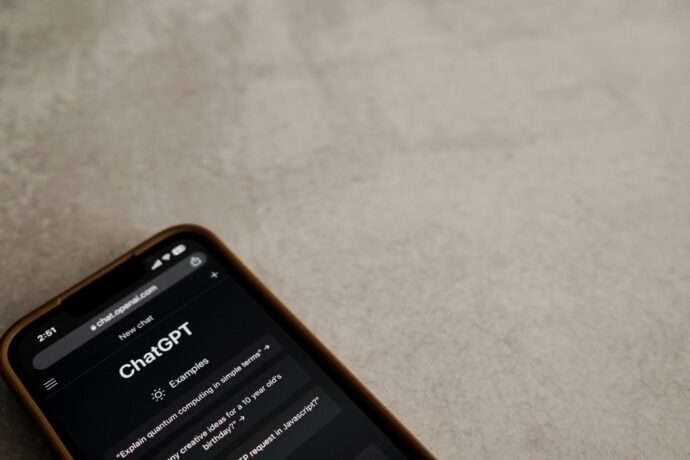
What Is 7145898418?
First things first—7145898418 is formatted like a US phone number, but there’s more to examine. Numbers themselves don’t lie, but their contexts often do. When users see unfamiliar numbers like this flashing across their screens, innate curiosity kicks in. Is it a scam? A missed opportunity? Or just a digital fluke?
If you’re searching this number online, chances are it tried to connect with you at some point. Maybe you received a call. Maybe it showed up in a group thread. It’s probably not in your contacts, making it even more suspicious—or interesting.
Should You Call Back?
Quick answer: probably not.
Before you even consider dialing back 7145898418, take a step back. If the number didn’t leave a voicemail or any discernible message, don’t assume it’s worth your time. Today’s robocalls and phishing schemes have become smart. They operate using realnumber sequences, often ones that match your area code or the first few digits of your own number, to seem familiar. That’s behavioral mimicry in action. The moment you pick up or return a call, you’ve signaled to automated systems that your number is active. That’s reason enough to avoid reacting impulsively.
Common Patterns With Unknown Numbers
Let’s start with an uncomfortable truth: most calls today from random numbers are spam. These numbers may follow certain patterns:
Onering calls: They hang up after one ring to bait you into calling them back. Local lookalikes: They match your area code, sometimes even closer. High frequency: They call multiple times over the course of a day or two.
If 7145898418 shows any of these traits, flag it.
But what if it’s something legitimate? A delivery? A job interview? A weird friend from way back?
Here’s a strategy:
- Google the number.
- Check it against known caller databases (like WhoCallsMe, TrueCaller, or Nomorobo).
- If it’s sketchy, block it.
The balance here is in taking action… but not overreacting.
What Happens When You Block It?
Blocking the number, like 7145898418, is usually the safest move. On iPhones and Androids, blocking takes less than 10 seconds. Once blocked, these numbers can no longer reach you via voice or text.
And that’s really the goal: control and filter where your attention goes.
If a number like 7145898418 is that important, they’ll find another way to reach you. Email. Social. USPS. Something.
Why This Number May Be Targeting You
There are a few possibilities—and none of them are flattering:
Data leaks: Your number may be part of a compromised database. It’s been sold or crawled off a public source. Random dials: Bulk robocall systems generate number sequences automatically. Behavioral targeting: You answered a random call once. That single interaction flagged your number as ‘active.’
This is why staying reactive and thoughtful matters. Answering one call from 7145898418 could unlock a floodgate of future spam calls, because once you’re on the “verified” list, you’re officially on the radar.
What To Do If You’re Being Harassed
If the calls become frequent and disruptive, it’s worth reporting. The Federal Trade Commission (FTC) takes spam calls seriously, especially repeat offenders.
Here’s what you can do:
Visit donotcall.gov to register your phone. Report the number if it’s bothering you. Activate spamblocking features on your carrier’s network.
Most mobile carriers now offer services to prevent spam calls—some free, some paid. Use them.
7145898418: Final Takeaway
This number may look harmless. But the truth is, 7145898418 could represent a red flag scanner bot, a mass messaging service, or just dead bandwidth. If it didn’t come with a message and context, it shouldn’t earn your attention.
So the rule of thumb? Don’t engage. Don’t call back. Just log it, report it if needed, and move on. Attention is a currency—don’t spend it on unclear signals.
Stay sharp. Stay curious. And above all, guard your number like it matters—because in 2024, it absolutely does.



